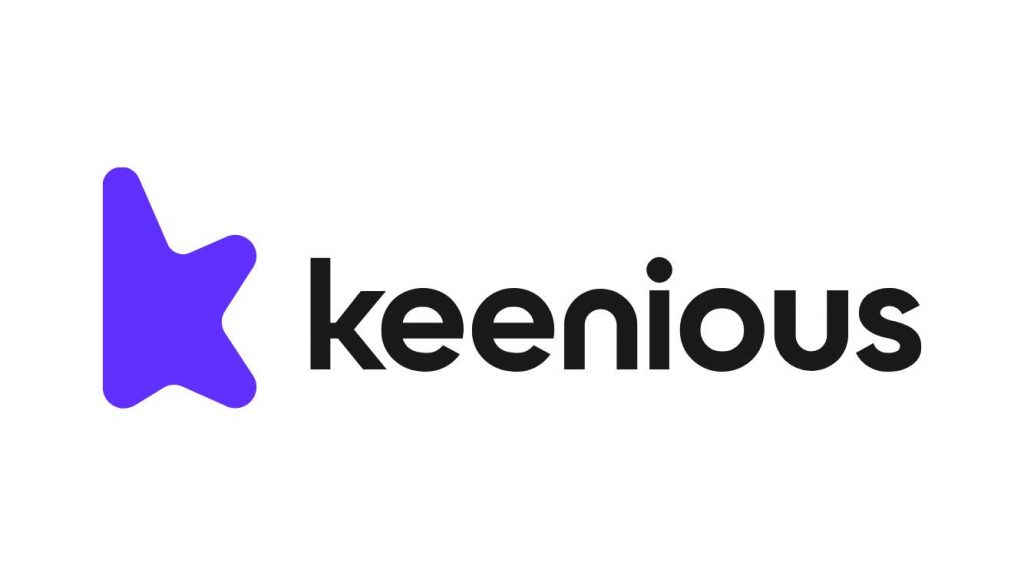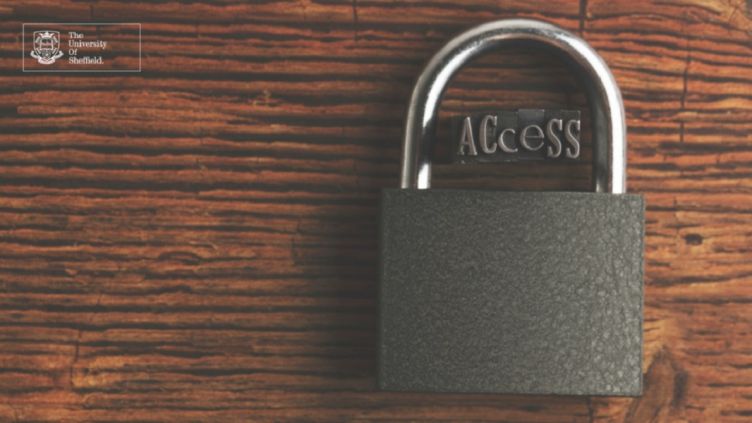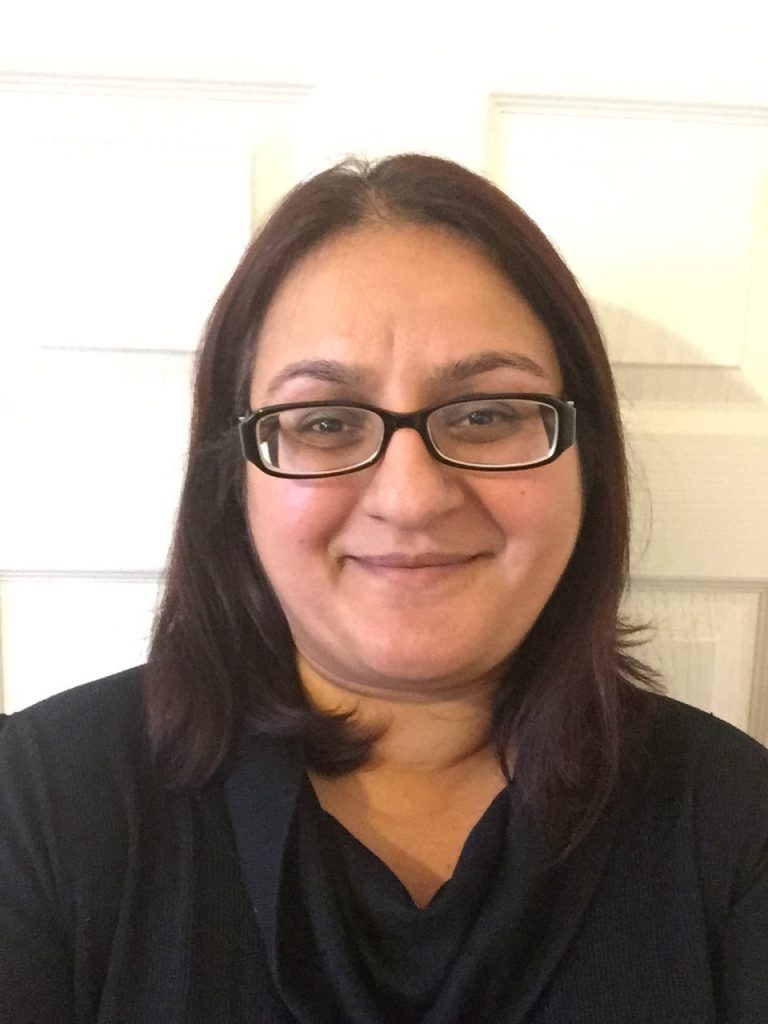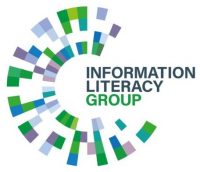Navigating the Information Wilderness with Education and Advanced Technology
Thank you to TDNet for contributing this blog post. The Information Literacy Challenge We live in a time of unprecedented information access and complexity. The digital information ecosystem has become increasingly difficult to navigate for researchers, professionals, and students across every domain. Despite a wealth of meticulously researched scholarly publications and other trusted sources, the […]
Navigating the Information Wilderness with Education and Advanced Technology Read More »










